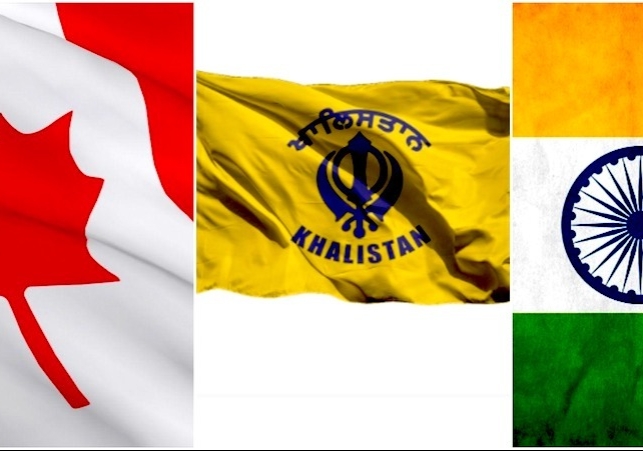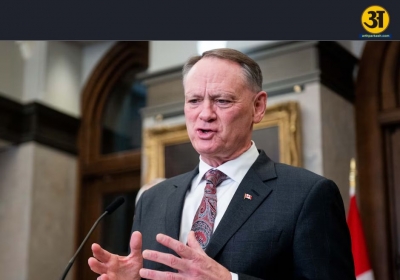
Khalistan movement: 45 years in Canada
The rise of Khalistan: a 45-year journey in Canada
The historical relationship between Canada, Khalistan, and India has been marked by complexity and tension, with recent events bringing it to the forefront once again. The roots of this complex dynamic stretch back nearly 45 years.
The immigration of Sikhs into Canada began in the early 1900s, with many attracted to the fertile land of British Columbia. By the 1970s, Sikhs had become a visible part of Canadian society, but there was little sentiment for a Sikh homeland at that time.
Turning point in the 1970s
The 1970s brought a significant shift in the relationship between India and Canada. India's nuclear tests in 1974, using Canadian-provided CANDU reactors meant for peaceful nuclear energy, infuriated Canada's Prime Minister Pierre Trudeau. This led to a deterioration in diplomatic ties between the two countries.
ALSO READ: Historic live streaming of Supreme Court hearings in Pakistan
Coinciding with this diplomatic strain, the Khalistan movement in Punjab gained prominence. Many Sikhs, with generational ties to Canada, sought refugee status there, citing political persecution in India. Canada saw an influx of Khalistanis, and its strained relationship with India meant it did little to curb their separatist activities.
Among those who sought refuge in Canada was Talwinder Singh Parmar, considered the mastermind of the Air India Flight 182 bombing in 1985, the Kanishka. The tragic incident, in which all 307 passengers and 22 crew members were killed, remains Canada's worst episode of terrorism.
Renewed Khalistan movement in Canada
While the Khalistan movement waned in India in the late 1990s, it found a new home in Canada. Pro-Khalistani figures continued to operate in some gurdwaras controlled by radicals. The movement gained momentum after Justin Trudeau came to power in 2015, with some pro-Khalistani groups supporting the Liberal Party.
ALSO READ: China protests German Foreign Minister's labeling of Xi Jinping as "Dictator"
Despite attempts to renew relations with India, Khalistani activity has consistently undermined ties. Trudeau's recent statement suggesting Indian government involvement in a pro-Khalistan figure's murder may further strain relations, possibly making it the worst state in nearly 20 years. The outcome of investigations and the upcoming Canadian federal elections in 2025 will likely influence the trajectory of this complex relationship.
Canada's openness has been leveraged by groups like Sikhs for Justice (SFJ) for their Khalistan Referendum. Although Canada has clarified it won't recognize the results, SFJ continues its activities.
The Canada-India-Khalistan relationship remains intricate, with a history rooted in diplomacy, immigration, terrorism, and political dynamics. Recent developments have once again highlighted the challenges and complexities of managing these relationships.





